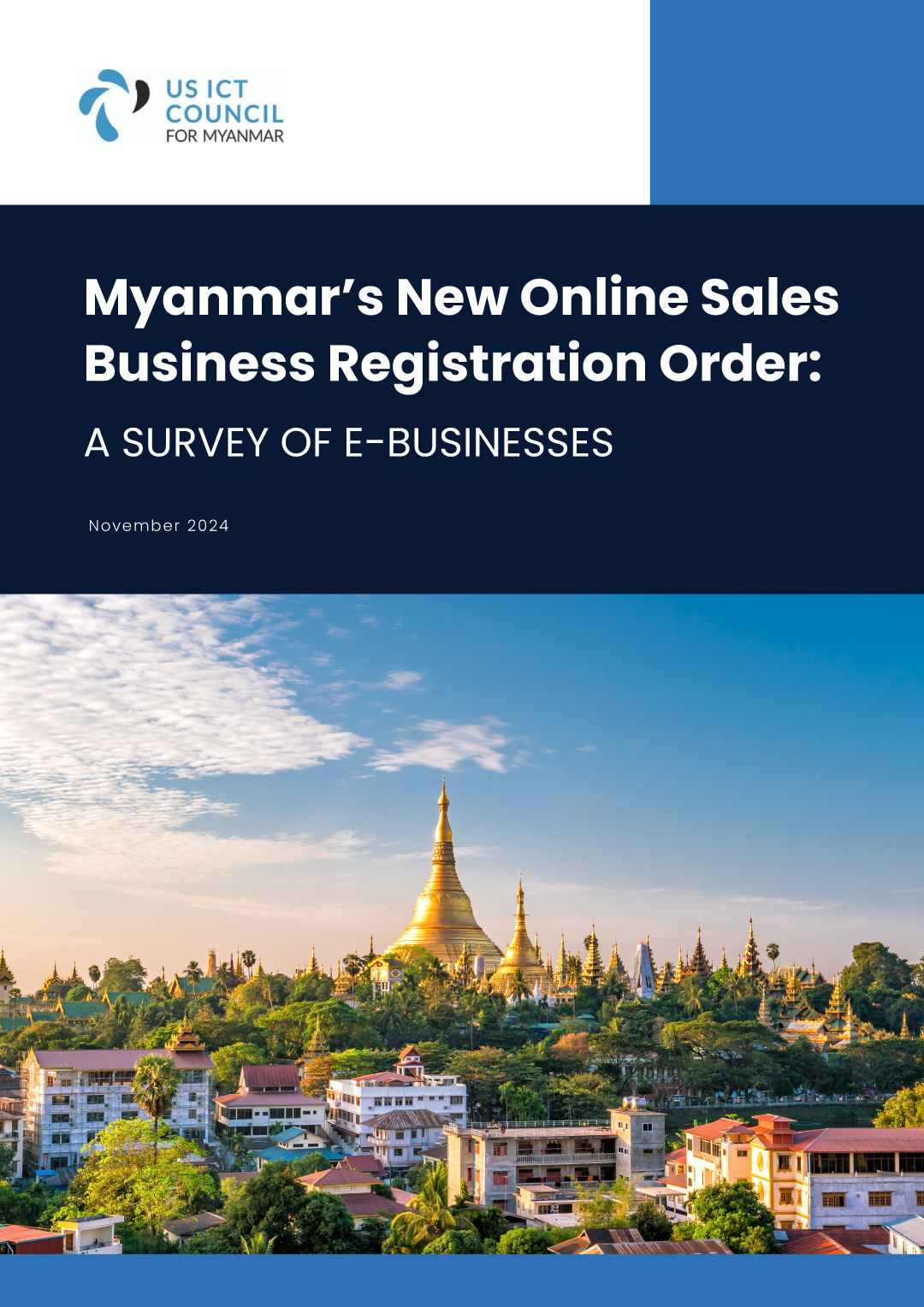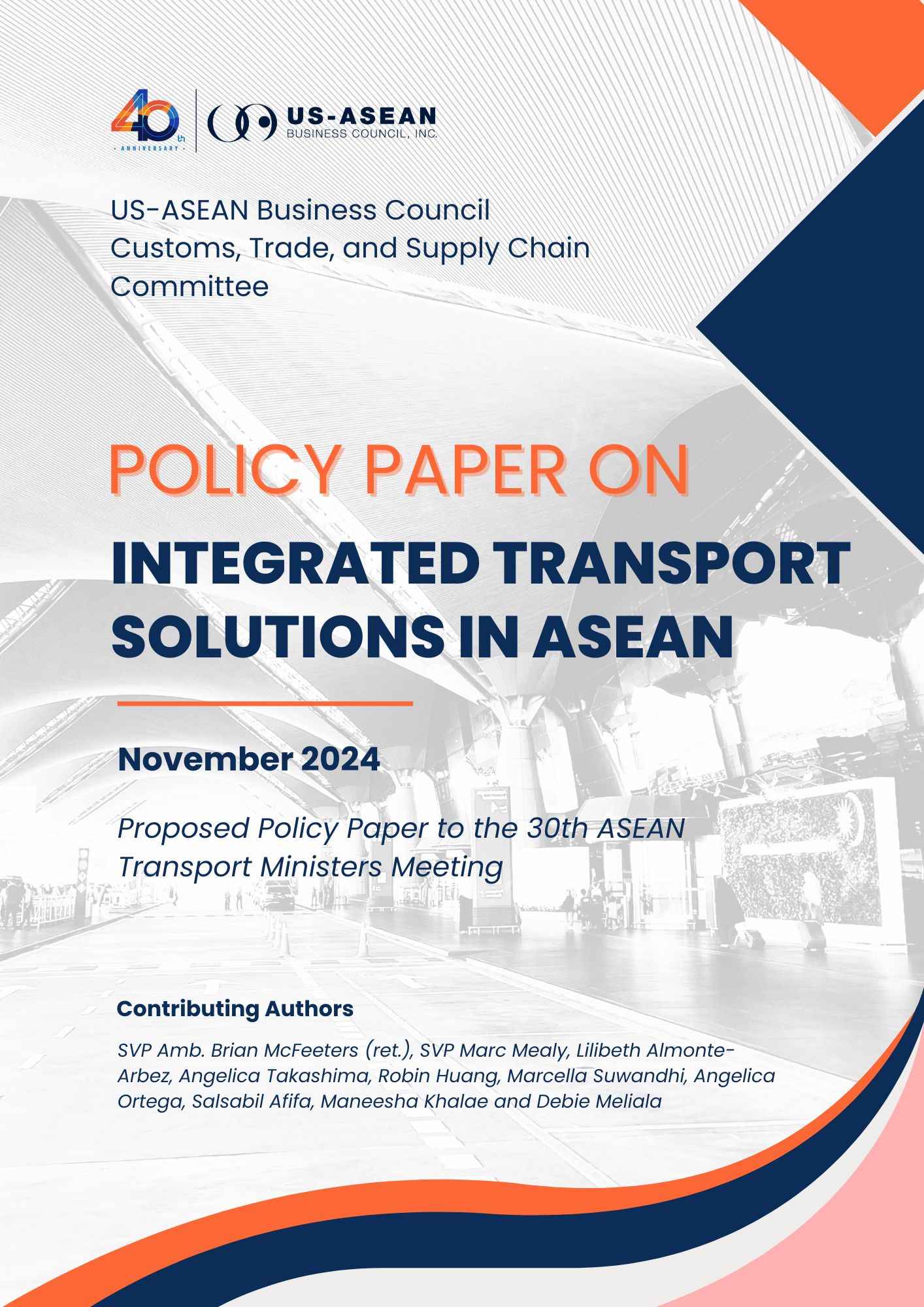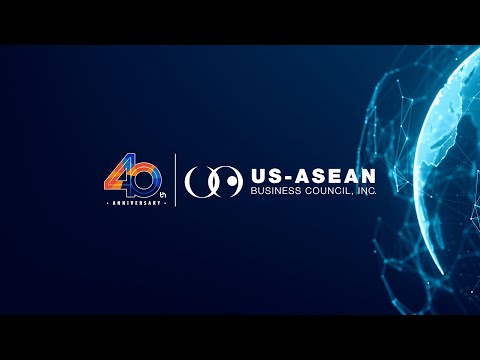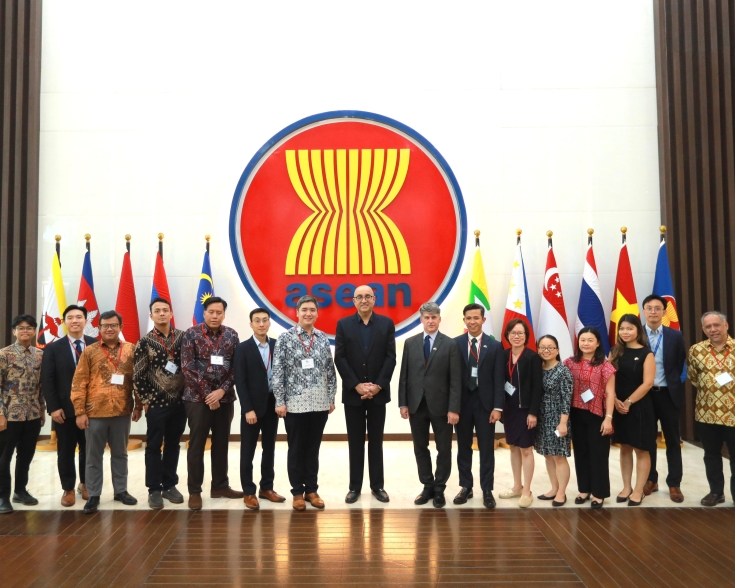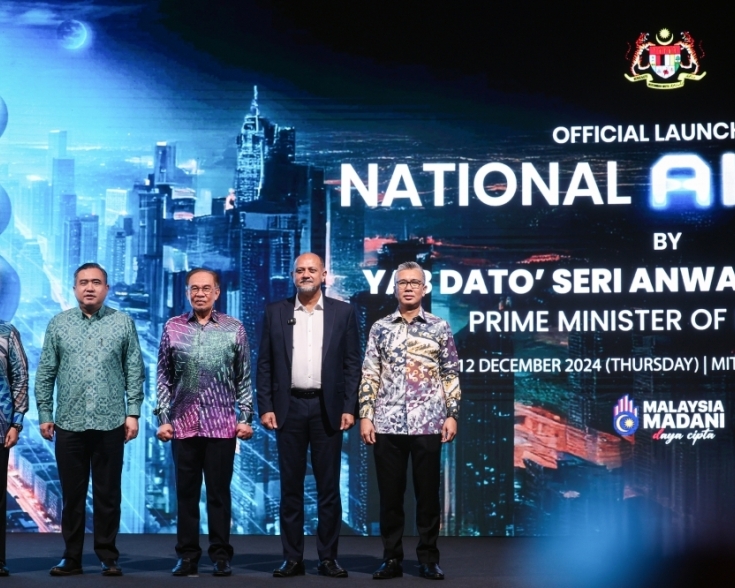Ruling CPP Claims Landslide Win in 2023 General Election
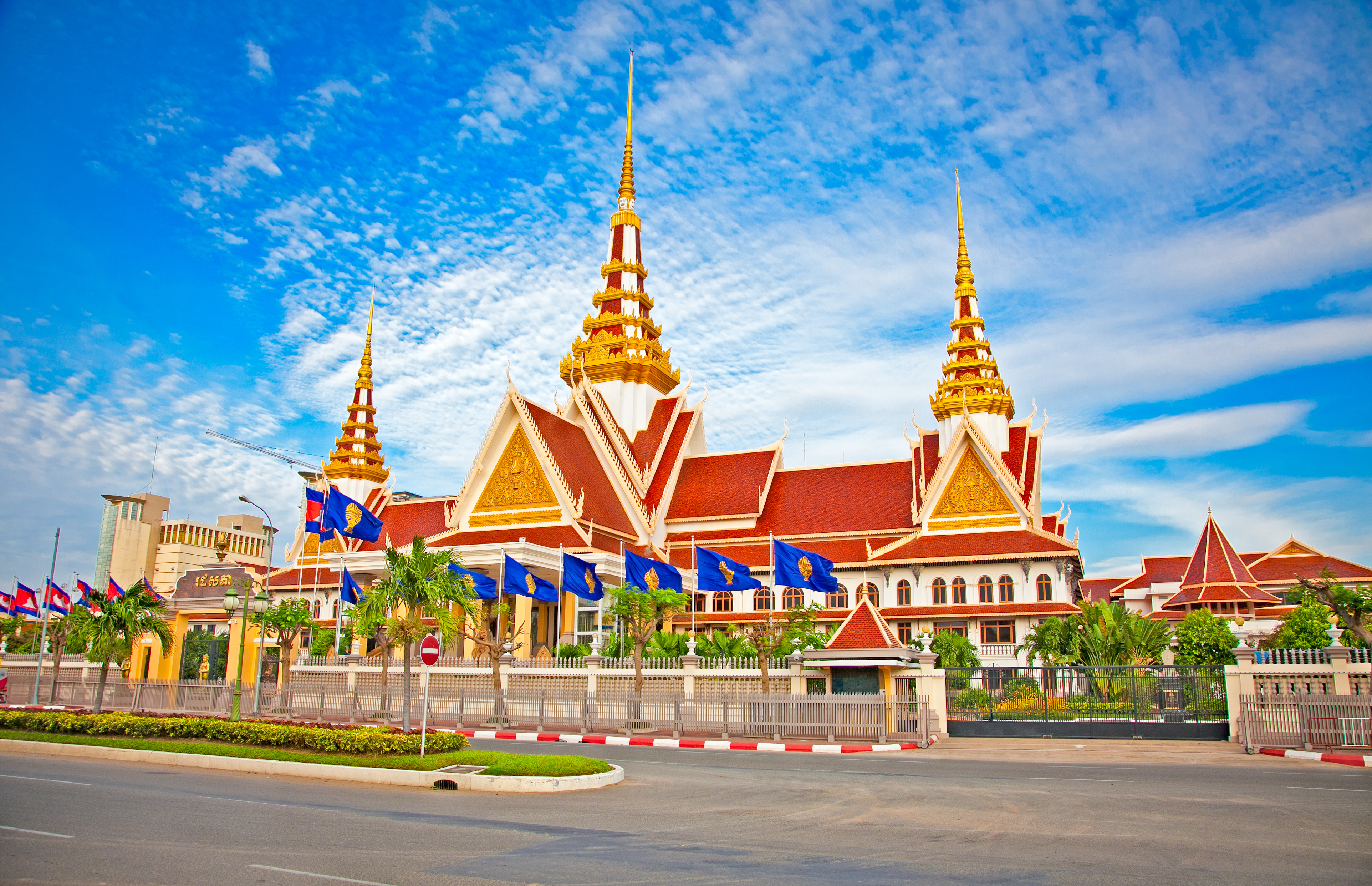
The Election Results
On July 23, Cambodia held its general elections, two days after the campaign period concluded. The ruling Cambodian People’s Party (CPP) led by Prime Minister Hun Sen declared a landslide victory, securing 120 of the total 125 national assembly seats. The remaining five seats in the national assembly were won by the royalist FUNCINPEC party. After 38 years in power, Prime Minister Hun Sen announced today that he will step down to be succeeded by his eldest son, 45-year-old General Hun Manet. According to the Cambodian election commission, approximately 8.1 million people voted, translating to a voter turnout of 84%.
The Electoral Process
Cambodia’s national elections are held every five years on the fourth Sunday of July. The country's legislature is chosen through a national election, and the parliament has two chambers. The National Assembly has 125 members, each elected for a five-year term by proportional representation. The Senate has 62 members, which are indirectly elected through commune councillors from Cambodia’s 24 provinces, in addition to two nominations from the King and two from the National Assembly. The National Election Committee (NEC) is responsible for administering elections in Cambodia and is housed under the executive branch of government that is led by a CPP Central Committee Member.
In 2018, Cambodia effectively became a de facto one-party system after the Supreme Court ruled to disband the then-largest opposition: Cambodia National Rescue Party (CNRP). CNRP’s leadership were also either forced into exile or held under house arrest since. In this 2023 general election, the one credible opposition, the Candlelight Party (which is somewhat of a spinoff of the CNRP) was disqualified under the wire, on a technicality, stemming from the submission of a photocopied document, rather than an original, in the registration process.
On June 23, Cambodia’s parliament approved a new law banning anyone who fails to vote, without an “appropriate reason”, in any upcoming national poll from running for office in future elections. The law would specifically bar candidates from standing in the Senate election 2024, municipal elections 2024, commune elections 2027, and general election 2028. The law which bans non-voters in the 2023 election will largely affect many leading opposition figures who have fled the country to avoid convictions they claim were politically motivated. Moreover, the elaboration on what constitutes the “appropriate reason” for failure in voting was absent.
The U.S. (statement here), UN (statement here), EU (statement here), and UK (statement here), all expressed concerns about the recent general elections, claiming that it was neither free nor fair. Among the top concerns are the restrictions imposed on the right of opposition political parties to participate in elections, freedom of speech, and the rights of citizens to stand for elections. The elections altogether seem to be preceded by a narrowing of the overall political space in Cambodia.
New Government Formation
The potential new Cabinet will consist of 30 Ministers along with 10 Deputy Prime Ministers and 11 Senior Ministers. CPP spokesman Sok Eysan confirmed that 90% of Cabinet Ministers will be replaced in a new Cabinet with mostly younger generation family members of outgoing CPP leaders. Noteworthy cabinet changes slated to take place after the new government’s formation include:
Sar Sokha, current Secretary of State at the Ministry of Education, Youth, and Sport, is expected to replace his father Sar Kheng as Deputy Prime Minister and Minister of Interior;
Tea Seiha, current Governor of Siem Reap province, is expected to replace his father General Tea Banh as Deputy Prime Minister and Minister of National Defense;
Vongsey Vissoth, the current Permanent Secretary of State in the Ministry of Economy and Finance is expected to become the new Minister in Charge of the Office of the Council of Ministers, replacing Bin Chhin. It is highly likely that he will inherit the issue of leading the discussions with Thailand on the resolution of the Overlapping Claims Area (OCA) with Thailand;
Sok Chenda Sophea, Secretary-General of the Council for the Development of Cambodia, is expected to replace Prak Sokhonn as the next Minister of Foreign Affairs and International Cooperation.
Sun Chanthol, current Senior Minister of Public Works and Transport and one of the strongest advocates in the country for foreign investments, as well as the US-Cambodia relationship, is slated to head up the Council for the Development of Cambodia (CDC) the primary investment authority in the country.
Cham Nimul, current Secretary of State in the Ministry of Commerce and daughter of outgoing Minister of Science, Technology and Innovation Minister Cham Prasidh, is expected to replace Pan Sorasak as the Minister of Commerce.
Keo Rathana, current head of the Electricite du Cambodge is expected to replace Suy Sem as the Minister of Mines and Energy. He is widely considered a technocrat and a close affiliate of incoming Prime Minister Hun Manet.
Chea Serey, current Deputy Governor of the National Bank of Cambodia (NBC) is expected to replace her father Chea Chanto as Governor of the NBC. She played an leading role the digitalization of the Cambodian economy, development of the Bakong system and modernization of the retail payment infrastructure which led to new electronic payment systems.
Ministers expected to retain their current positions in the new Cabinet include:
Deputy Prime Minister and Minister of Economy and Finance Aun Pornmoniroth;
Minister for Education, Youth and Sport Hang Chuon Naron;
Minister of Justice Keut Rith;
Minister of Agriculture, Forestry and Fisheries Dith Tina;
Minister of Post and Telecommunications Chea Vandeth.
The Council’s Take: What to Expect, Looking Ahead
Hun Sen will retain power: While the recent move can be labeled “semi-retirement” for Prime Minister Hun Sen, his continuing involvement in the national stage as head of the ruling CPP and President of the Senate (Head of State in the King’s absence) signals that while he may take take a step back from day-to-day governance, he will continue to yield tremendous power and influence across the board – in politics, business interests, and among the social elite. The younger generation leadership is also not expected to challenge the path or direction he has set for the country, at least not anytime in the foreseeable future.
New Government will maintain status quo, focus on growth: The new Government led by Hun Manet comprises of younger, mostly Western-educated, more polished and capable members of Cambodia’s elite. The questionable political foundation upon which their rise is built and the status quo structures that bind it all together will remain untouched for years to come. Some structural changes (namely blatant corruption and bureaucratic efficiency) for the sake of economic growth and societal development, however, are likely to be addressed in the long run.
Foreign Policy will remain a Balancing Act: With an undergraduate degree from West Point and two advanced degrees in economics from the U.S. and UK respectively, Hun Manet certainly has a better understanding of the West (particularly the United States) and can position himself to set off a charm offensive campaign, which is a likely route. Even then, it will not detract from Cambodia’s current cozy relations with China. Economic and geostrategic reasons mandate that relationship remains untouched – thus, a balancing act, at best. As far as the U.S.-Cambodia relationship is concerned, development-oriented dialogue based on trade, technology, innovation, sustainability, and people-to-people ties will be key in reestablishing trust and influencing long-term institutional transformation through economic growth.
Resistance will largely be limited to outside of Cambodia: No post-election violence or disruptions of any kind in the security environment writ large is expected. The opposition, which is internally fractured as it is, will launch resistance to the election and formation of the new government but this will likely be in the form of calls for sanctions and scattered demonstrations in Western countries where they are majorly based, with little to no impact on the ground. Opposition calls for broad stroke sanctions are also highly unlikely to be accommodated in the U.S., UK or the EU. Instead, some targeted sanctions, including individual visa bans, and statements of condemnation or concern seem to be the only options in the near-term.
The Council will continue to closely monitor Cambodia’s Government formation in the coming days. Members with any further questions on Cambodia’s 2023 General Elections should contact Jack Myint at jmyint@usasean.org.


